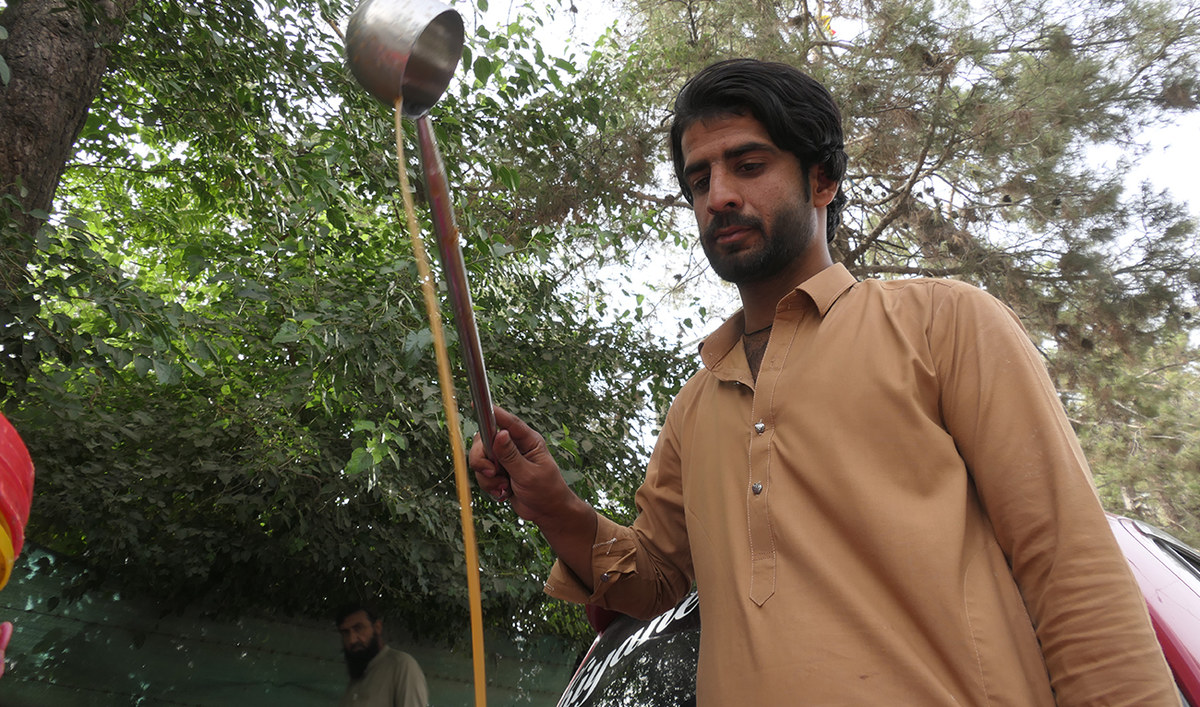ISLAMABAD: Hundreds of Afghan refugees facing extreme delays in the approval of U.S. visas protested in Pakistan's capital on Sunday, as an American program to help relocate at-risk Afghans fleeing Taliban rule stalls.
The U.S. government's Priority 1 and Priority 2, known as P1 and P2 refugee programs were meant to fast-track visas for at-risk Afghans including journalists and rights activists after the Taliban takeover in their homeland. Those eligible must have worked for the U.S. government, a U.S.-based media organization or nongovernmental organization in Afghanistan, and must be referred by the U.S.-based employer.
Applicants have been waiting in Pakistan for more than one and a half years for U.S. officials to process their visa applications. The delay in approving visas and resettlement has left Afghan applicants in a highly vulnerable position as they contend with economic hardship and lack of access to health, education and other services in Pakistan.
Mohammad Baqir Ahmadi, who said he'd helped to organize the protest outside of Pakistan's National Press Club in Islamabad, said many of the Afghans present were facing problems in extending visas to wait out the application process in Pakistan.
Protesters said that applicants had yet to receive the preliminary interview necessary to begin the visa application process.
“We, the holders of P1/P2 cases, your allies, and colleagues, played significant role toward expansion of democracy, human rights, and freedom of expression. We are currently asking for your support and companionship in the bad days of life,” read one banner held by Afghan demonstrators.
Hesamuddin, an Afghan who is waiting on the processing of his P2 case, said authorities should evacuate Afghan P1 and P2 applicants to a country where the necessary resettlement support centers (RSC) are open and able to conduct interviews.
“They must evacuate us to another country where RSCs are functioning and can process there,” he said.
Under U.S. rules, applicants must first relocate to a third country for their cases to be processed, where it initially can take up to 14 to 18 months and cases are processed through the resettlement support centers.
The Taliban retook power in Afghanistan in August 2021 as U.S. and NATO forces withdrew. Many Afghans sought to leave in the immediate aftermath of the Taliban takeover.
But they have progressively imposed more restrictions, particularly on women. They have banned women and girls from schooling beyond the sixth grade, barred them from most jobs and demanded they cover their faces when outside.



















